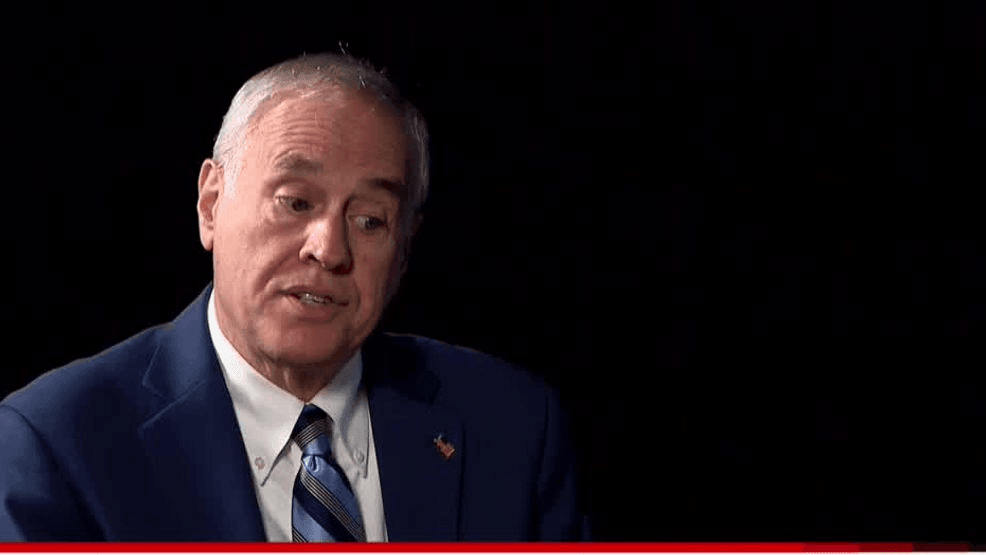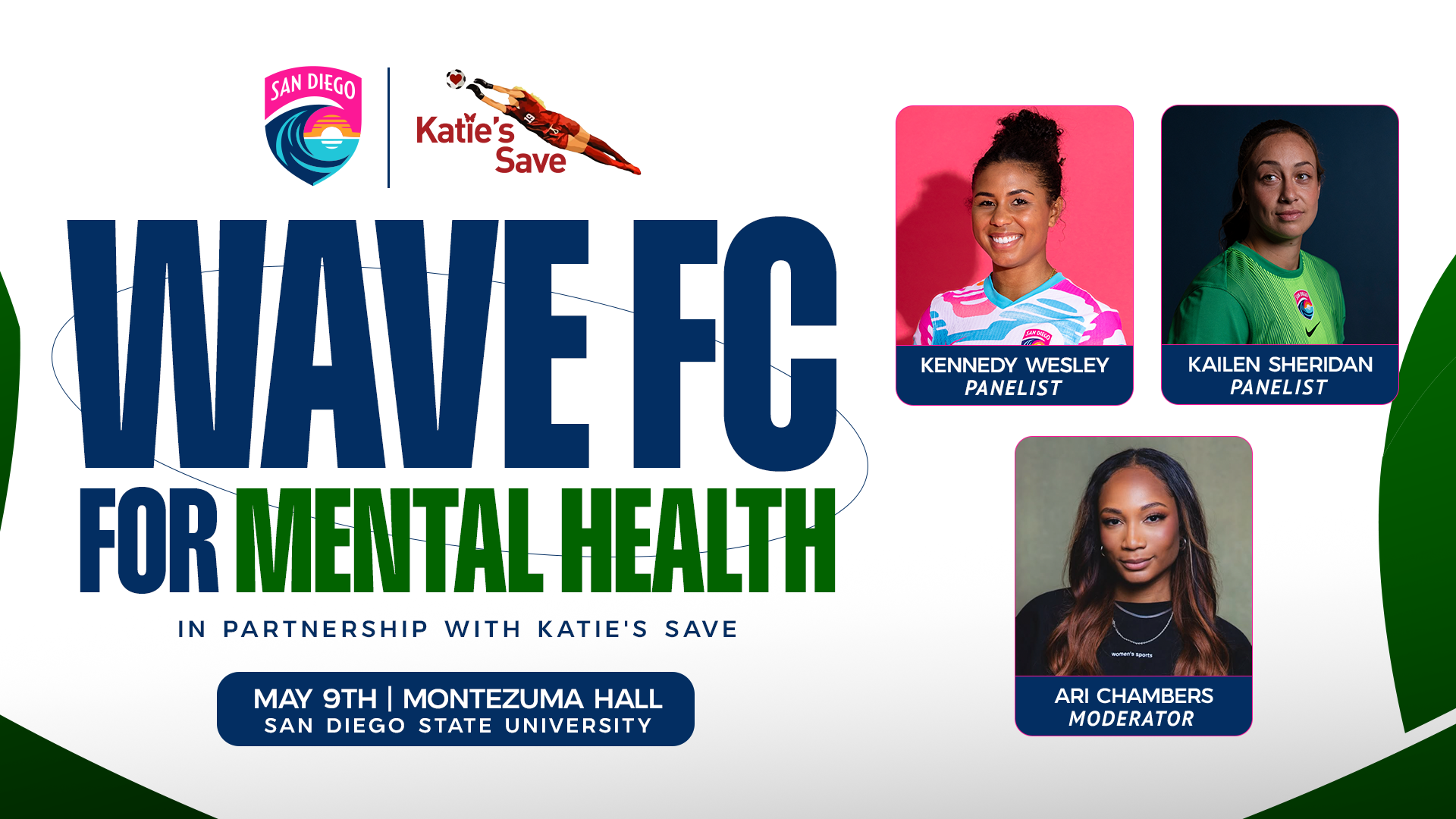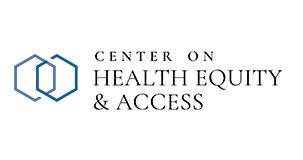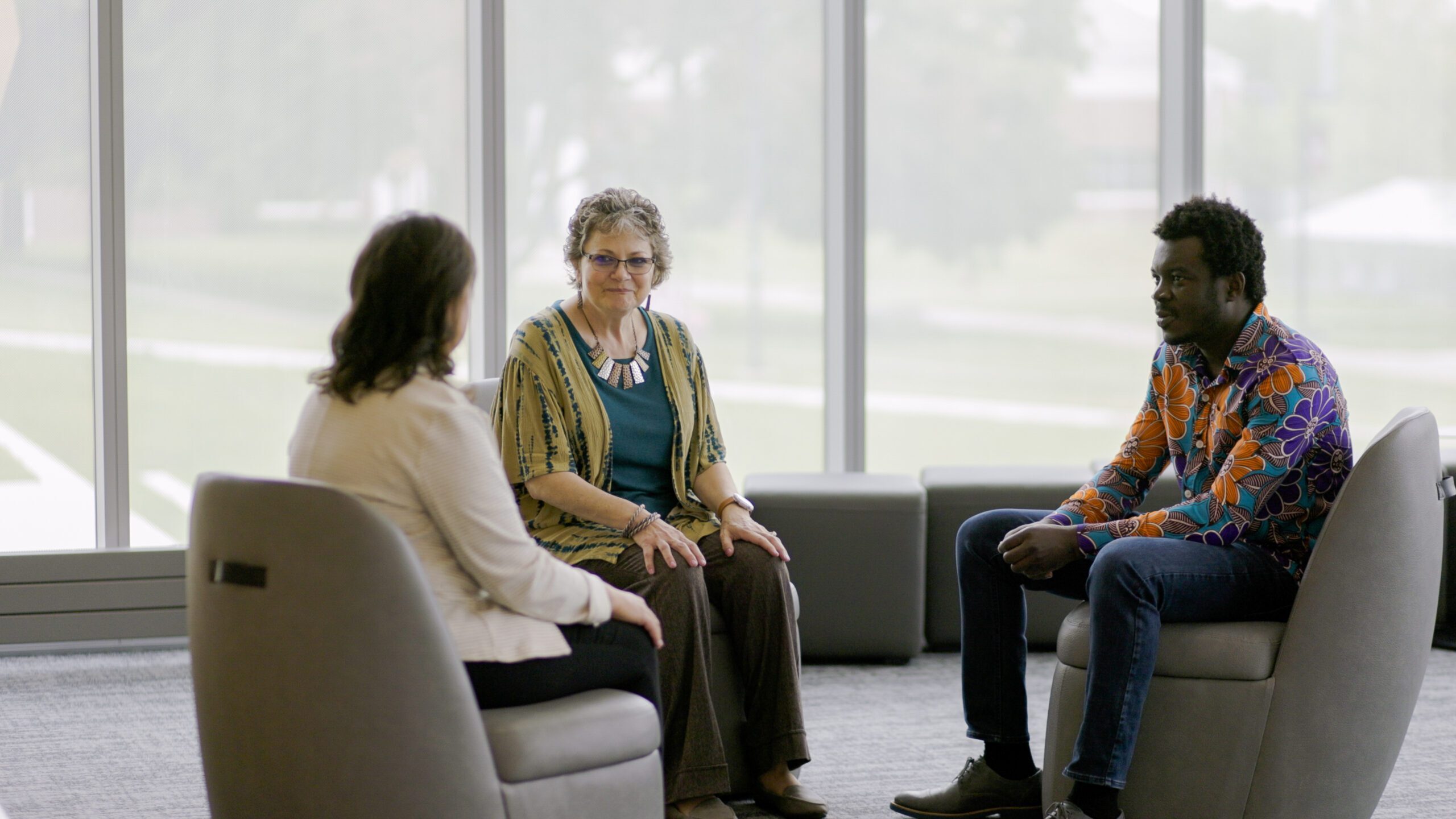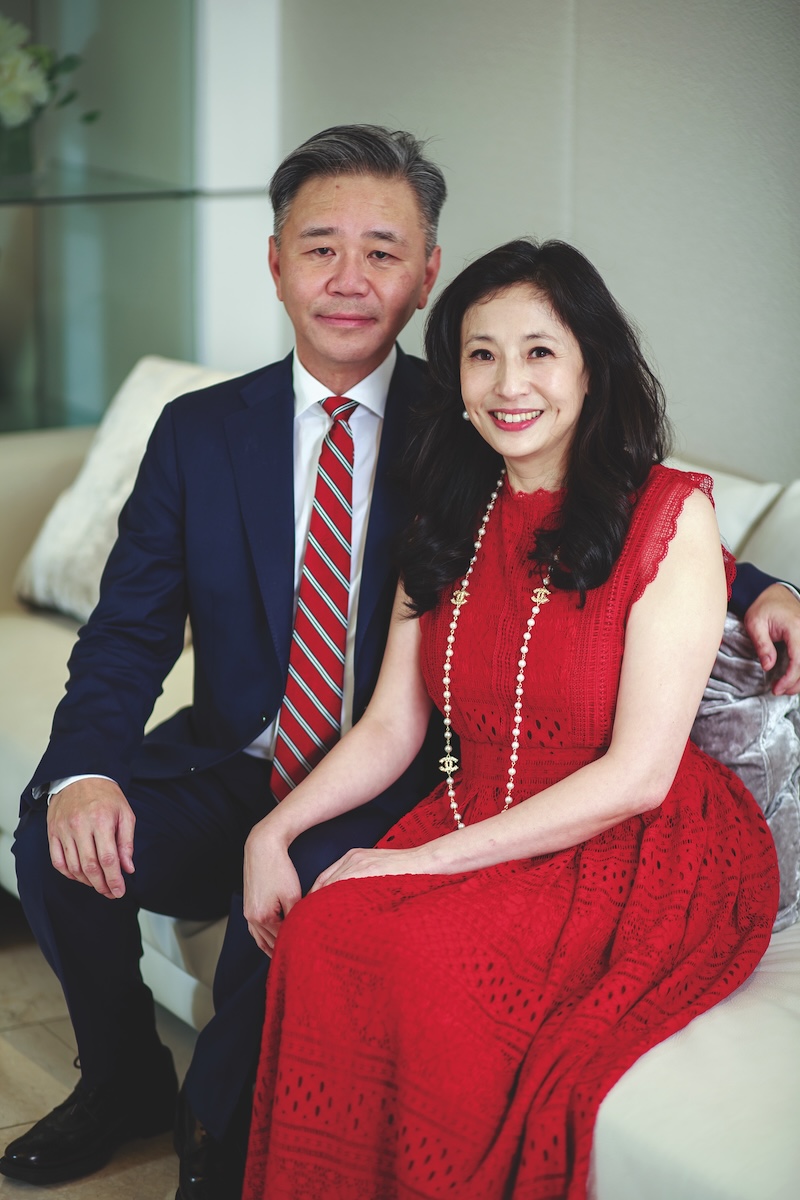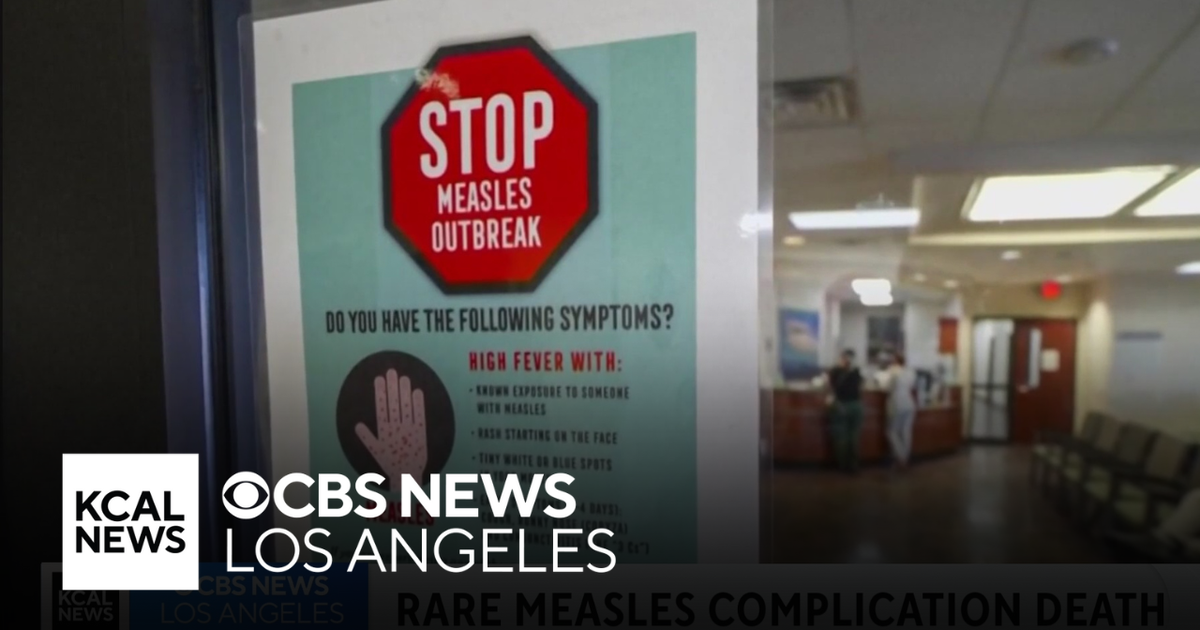Powering Healthcare's Future: How Continuous Learning is Reshaping Middle Eastern Medicine

The Gulf Cooperation Council (GCC) is pioneering an ambitious vision to safeguard the future of its member nations through innovative and transformative healthcare strategies. At the heart of this vision lies a commitment to continuous medical education, which serves as a critical catalyst for advancing healthcare excellence and resilience across the region.
By investing strategically in ongoing professional development and cutting-edge learning models, the GCC is positioning itself to create a robust, adaptable healthcare ecosystem that can effectively respond to emerging medical challenges and technological advancements. This forward-thinking approach ensures that healthcare professionals remain at the forefront of medical innovation, ultimately enhancing patient care and national health outcomes.

